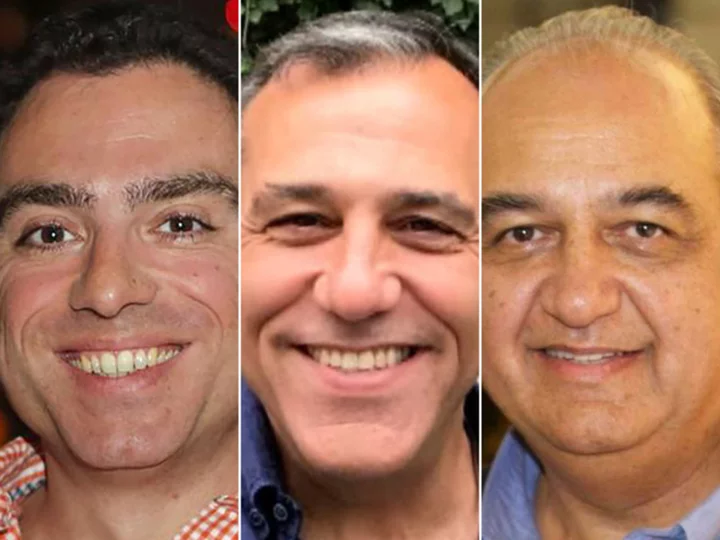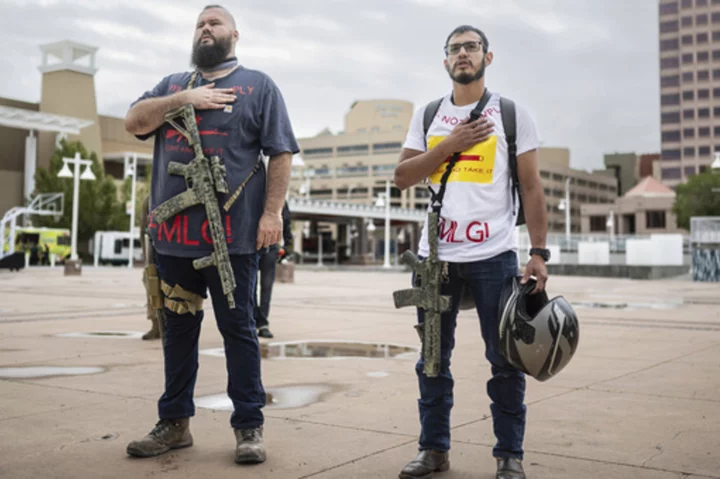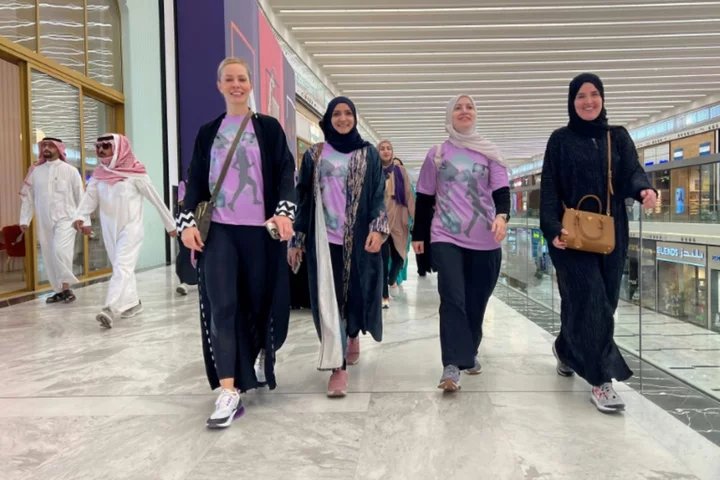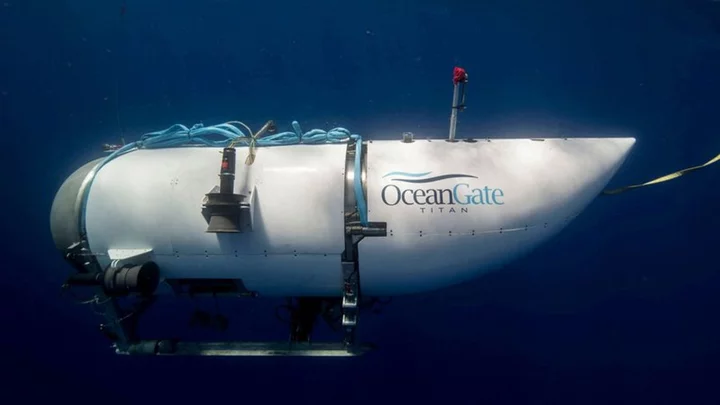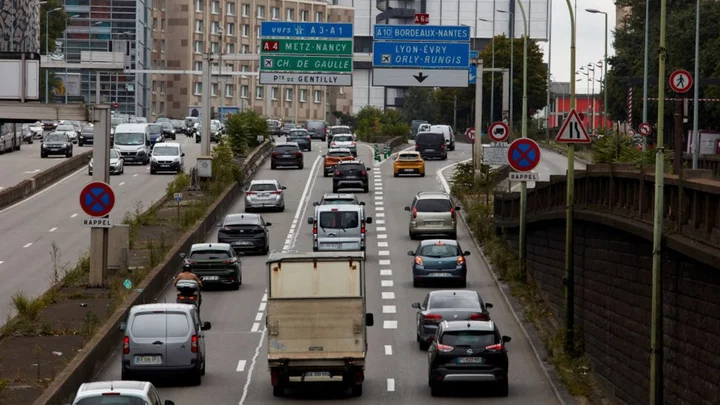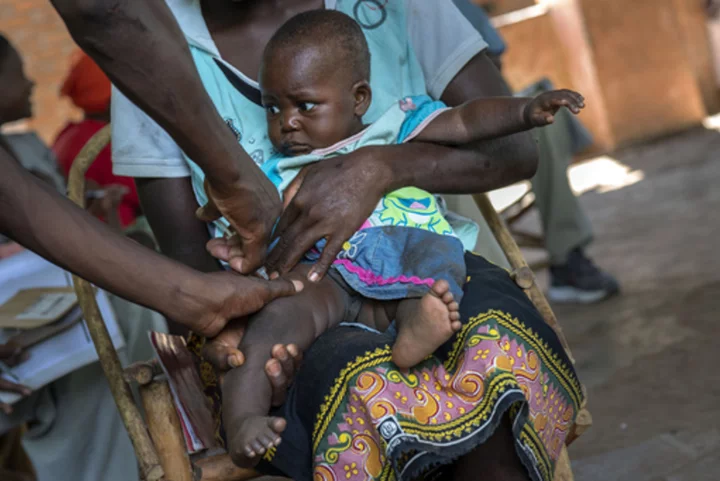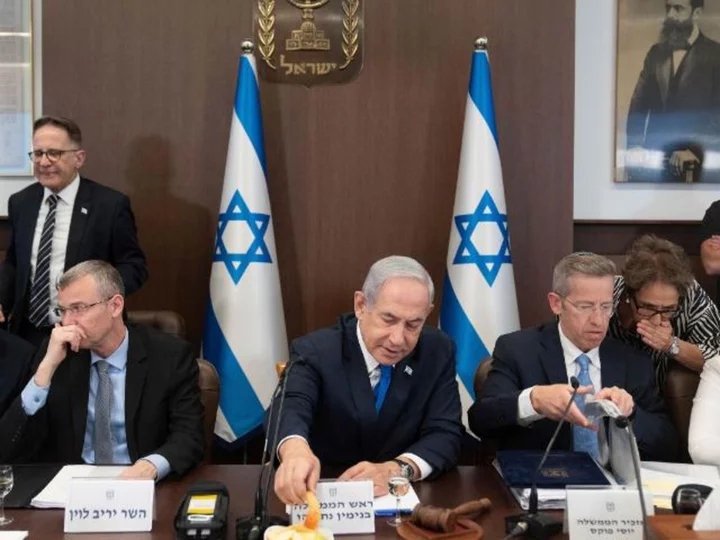Five Americans freed from Iranian detention this week returned to US soil early Tuesday following an initial stop in Doha, Qatar, two US officials told CNN.
Emad Shargi, Morad Tahbaz and Siamak Namazi, along with two Americans who have not been publicly named have arrived in the Washington, DC, area, after they were released Monday as part of a wider deal that includes the US unfreezing $6 billion in Iranian funds.
The freed Americans will have the option to participate in a Department of Defense Program known as PISA (Post Isolation Support Activities) to help them acclimate back to normal life now that they are back in the United States.
The return of the five Americans, all of whom had been designated as wrongfully detained, caps a significant diplomatic breakthrough after years of complicated indirect negotiations between the US and Iran, who do not have formal diplomatic ties.
The group was flown out of Tehran on a Qatari government jet to Doha on Monday, before taking off for the Washington, DC, area to be reunited with their families, according to a senior administration official. Namazi's mother, Effie Namazi, and Tahbaz's wife, Vida Tahbaz, who had been previously unable to leave Iran, were also on the flight from Iran to Doha, the official said Monday.
After a year of indirect negotiations, the deal began to broadly come together in Doha about seven months ago and the first tangible public steps took place about five weeks ago, when four of the Americans were transferred to house arrest. The fifth American was already under house arrest.
President Joe Biden on Monday celebrated their release "after enduring years of agony, uncertainty, and suffering." But while the release stood as the latest high-profile deal negotiated by his administration to secure the release of Americans deemed wrongly detained abroad, Biden drew criticism from some Republicans who likened the agreement to a "ransom payment."
A senior Biden administration official said Monday that the deal "has not changed our relationship with Iran in any way," noting the US would still work to hold Iran accountable for its human rights abuses and to constrain its nuclear program.
This story has been updated with additional information.

